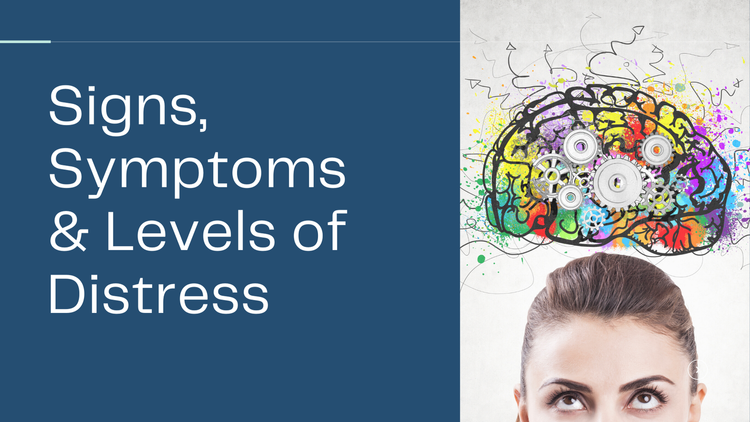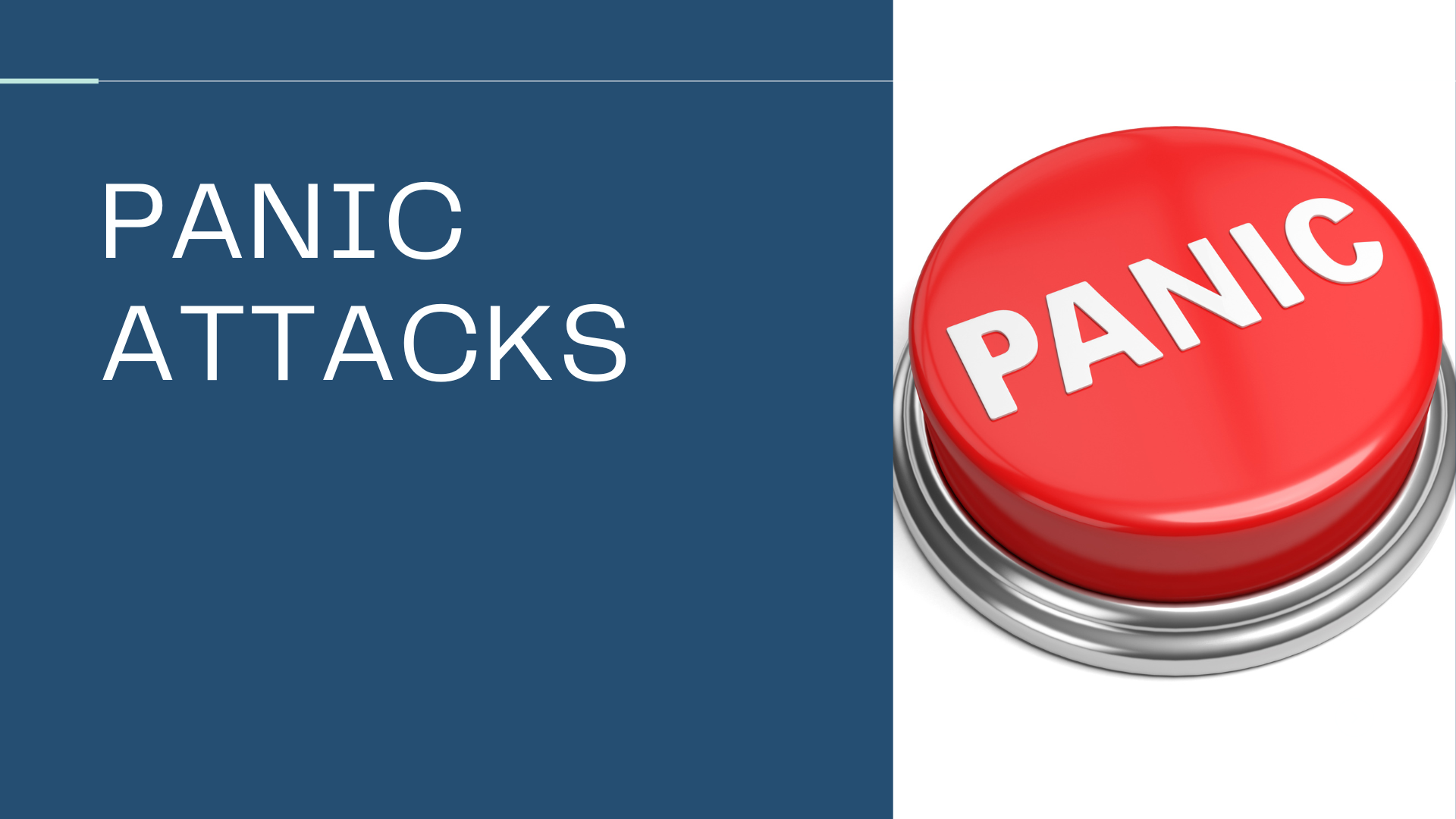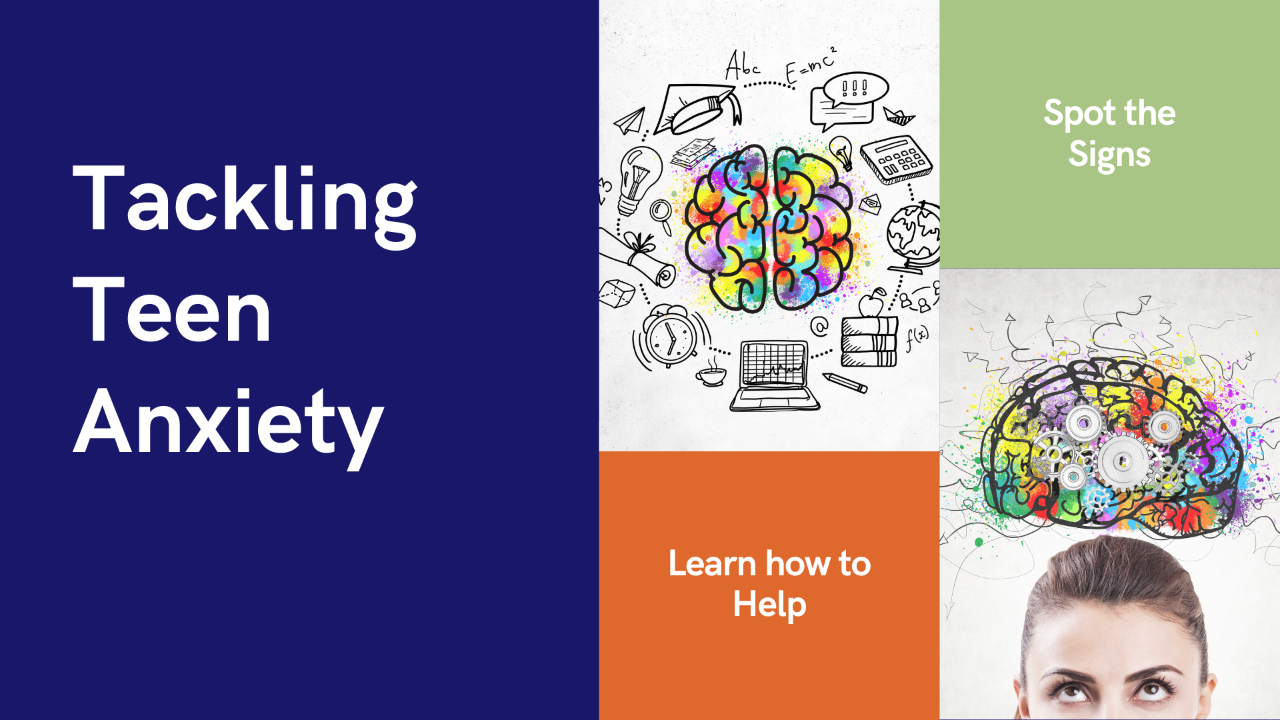The ROADMAP you've been looking for:
How to Support your Anxious Teen - Without Walking on Eggshells
GET INSTANT ACCESS FOR JUST $37If you’re exhausted from trying to “fix” your teen’s anxiety, only to feel stuck in the same arguments, avoidance, and stress day after day—I created this just for you!
This mini-course gives you the step-by-step tools you need to actually help your teen cope with anxiety—and feel more confident doing it.
INSTANT ACCESS. LIFETIME REPLAY. JUST $37Just imagine if…
✅Your teen could recognize their anxiety and use healthy coping strategies -- without shutting down or avoiding challenges.
✅You no longer had to walk on eggshells, fearing the next emotional outburst or meltdown.
✅You had the tools to help your teen manage anxiety - without frustration, power struggles or feeling helpless.
✅You could finally breathe -- knowing you're giving your teen the skills they need for lifelong emotional wellbeing.

This Course is For You If...
✅Your teen constantly avoids school, friends or responsibilities because of anxiety.
✅You feel helpless or like you're making things worse when you try to help.
✅Your home feels tense and unpredictable because of anxiety.
✅You're tired of guessing at what works and what expert guidance that makes sense.
What You'll Learn Inside the Tackling Anxiety Mini-Course:

Lesson 1: Understanding Stress & The Brain
✅How stress and anxiety affect the teenage brain
✅What “the stress response cycle” is—and why it matters
✅How to help your teen complete the stress cycle so they can calm down faster
✅Physical + emotional tools you can teach your teen today

Lesson 2: Signs & Symptoms of Anxiety in Teens
✅What’s normal stress vs. an anxiety disorder
✅Red flags to look for—and what they actually mean
✅A 4-level scale to help you assess your teen’s distress
✅Why knowing the difference changes how you respond

Lesson 3: Dos and Don'ts of Managing Teen Anxiety
✅What to do (and what to avoid) when your teen is spiraling
✅When to coach, when to comfort, and when to give space
✅Coping tools your teen can actually remember and use
✅How to support your teen without fueling the anxiety

Lesson 4: Seeking Help
When to Seek Outside Help for Your Teen’s Anxiety
✅How to know when it’s time for therapy or medical support
✅What teen therapy looks like and how to find a good fit
✅The truth about medication: when it helps and what to consider
✅Advocating for your teen without overwhelming them

BONUS LESSON: How to Handle Panic Attacks
-
Exactly what a panic attack looks like (and what it’s not)
-
What to do in the moment—without making it worse
-
How to support your teen at school, in public, or with other adults

5 On-Demand Videos
Watch at your own pace and on your own time. Re-watch and include your teen when it's helpful.

Downloadable Handouts
Print the handouts for quick reference or when you need a reminder of the new skills you've learned.

Parent-Approved Strategies
Practical. Realistic. Therapist- tested. Strageties that are proven to work!
Hi, I'm Cheryl...
Teen Therapist, Parent Coach, Mom
I've spent the past 30 years working with teenagers -first as a teacher, then as a therapist. I also have 2 young adult daughters of my own, who have both struggled with their mental health.
I have seen how hard it can be for teens to navigate their mental health, and I know first-hand what it's like to parent a teen through these struggles. It's not something any of us are prepared or equipped for.
I love supporting parents by giving them the support, skills, reassurance and tools they need to take care of themselves and support their teens through these really difficult years.
I look forward to joining you on your parenting journey.
Cheryl Somers, LPC
You're just One Click Away from a More Peaceful Home!
For just $37, you’ll get the training, tools, and confidence to support your teen’s mental health—and your own. Click the Image to START TODAY!
What Parents are Saying:
"Cheryl helped me understand that my own feelings about my daughter's anxiety were getting in the way of being able to help her."
Paula, mom of 15 year old
"These short, easy-to-digest videos are perfect. Every video give me something I can try right away."
Heather, mom of 12 year old
"Learning how anxiety actually works and the cycles it goes through really helped me understand how to approach my daughter when she's feeling anxious."
Michelle, mom of 16 year old



